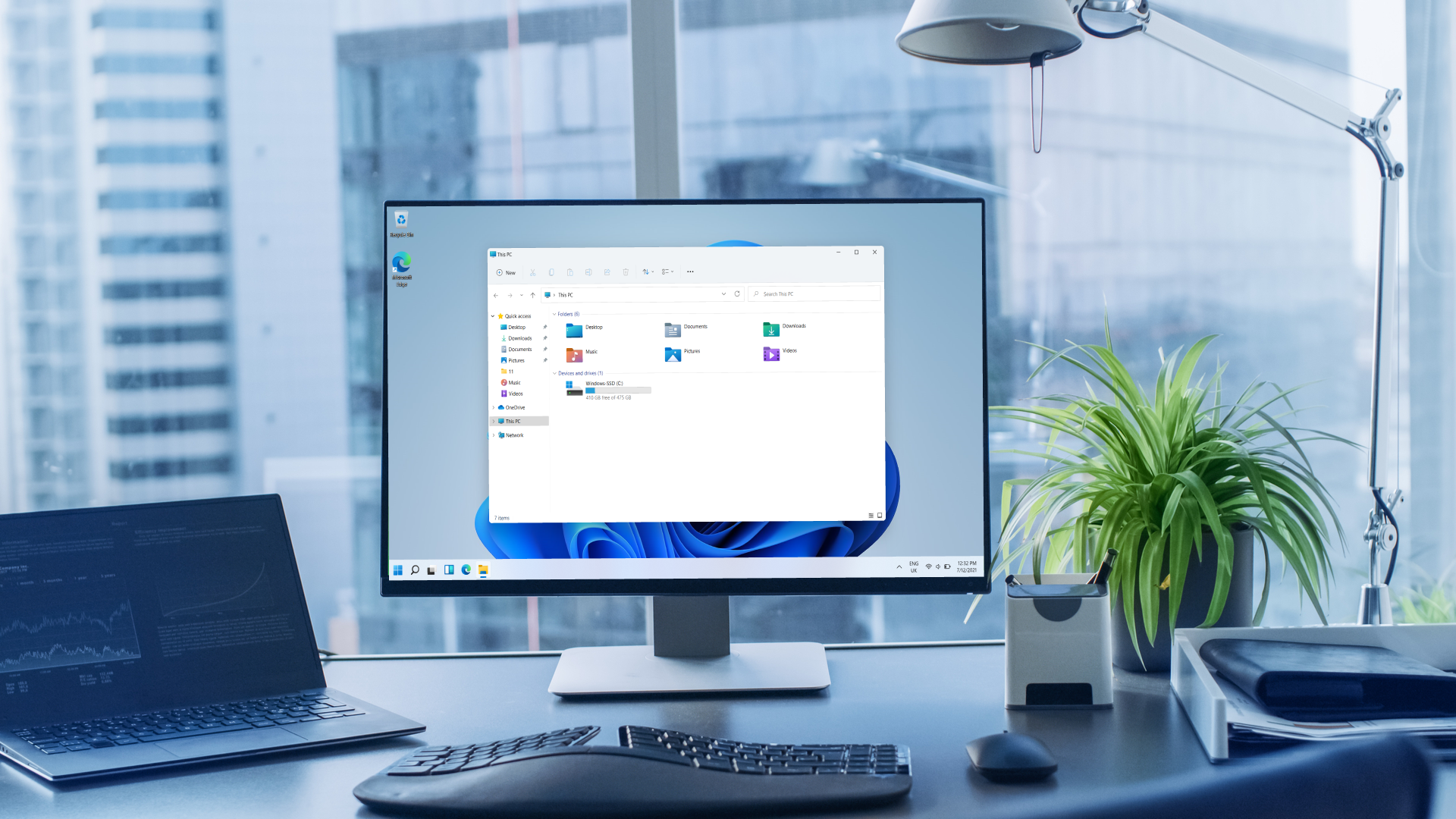Windows 10 will soon tell you whether your PC is ready for Windows 11
Windows 10 testers are now being informed of whether they’re okay to upgrade by Windows Update

Windows 10 testers are now being notified of whether their PC is compatible for an upgrade to Windows 11.
Currently, to check whether they’re eligible to upgrade to Windows 11, those testing Windows 10 must use the recently revamped preview version of Microsoft’s PC Health Check tool (the one that was briefly released when Windows 11 was first announced, and then swiftly pulled due to issues, if you recall). But now testers in the Release Preview channel are getting a direct message from Windows Update on the compatibility status of their PC, as Windows Latest spotted.
- Windows 11 features and everything you need to know
- We show you how to uninstall a Windows 10 update
- And here's how to speed up Windows 10
Assuming all is well, you’ll receive the following message: “Great news – your PC meets the minimum system requirements for Windows 11. Specific timing for when it will be offered can vary as we get it ready for you. Note: Some Windows 10 features aren’t available in Windows 11. Certain apps and features may have additional requirements.”
Or, on the other hand, you’ll be told that your machine won’t support Windows 11. A link is also provided by Windows Update so you can check out the exact device specifications required for the revamped version of the operating system.
Analysis: A useful touch – and ignore compatibility warnings at your peril
This compatibility message and link to extra info on spec requirements is obviously a handy addition to Windows Update, and doubtless soon enough the release version of Windows 10 will get this functionality – certainly if Windows 11 sticks to its predicted launch schedule of October (going by the rumor mill), because that really isn’t far away now.
Remember, though, that even if your PC is declared as unfit for Windows 11, it will be possible to go ahead and install the new OS manually via an ISO file, because as we recently heard, Microsoft won’t prevent this.
Note very carefully, however, that ignoring compatibility warnings and going ahead and taking this DIY route to get Windows 11 on your PC will have some major caveats, including the possibility that your system might become seriously unstable.
Get daily insight, inspiration and deals in your inbox
Sign up for breaking news, reviews, opinion, top tech deals, and more.
Not only that, but you will be running Windows 11 unsupported in this case, meaning you won’t get cumulative updates and the likes of crucial security fixes. So, in short, it’s not much of an option – it’s only really there for businesses running PCs which don’t have internet access – except perhaps for checking out the OS and giving it a trial (which you could do now with the preview version, of course).
- These are the best laptops of 2021
Darren is a freelancer writing news and features for TechRadar (and occasionally T3) across a broad range of computing topics including CPUs, GPUs, various other hardware, VPNs, antivirus and more. He has written about tech for the best part of three decades, and writes books in his spare time (his debut novel - 'I Know What You Did Last Supper' - was published by Hachette UK in 2013).